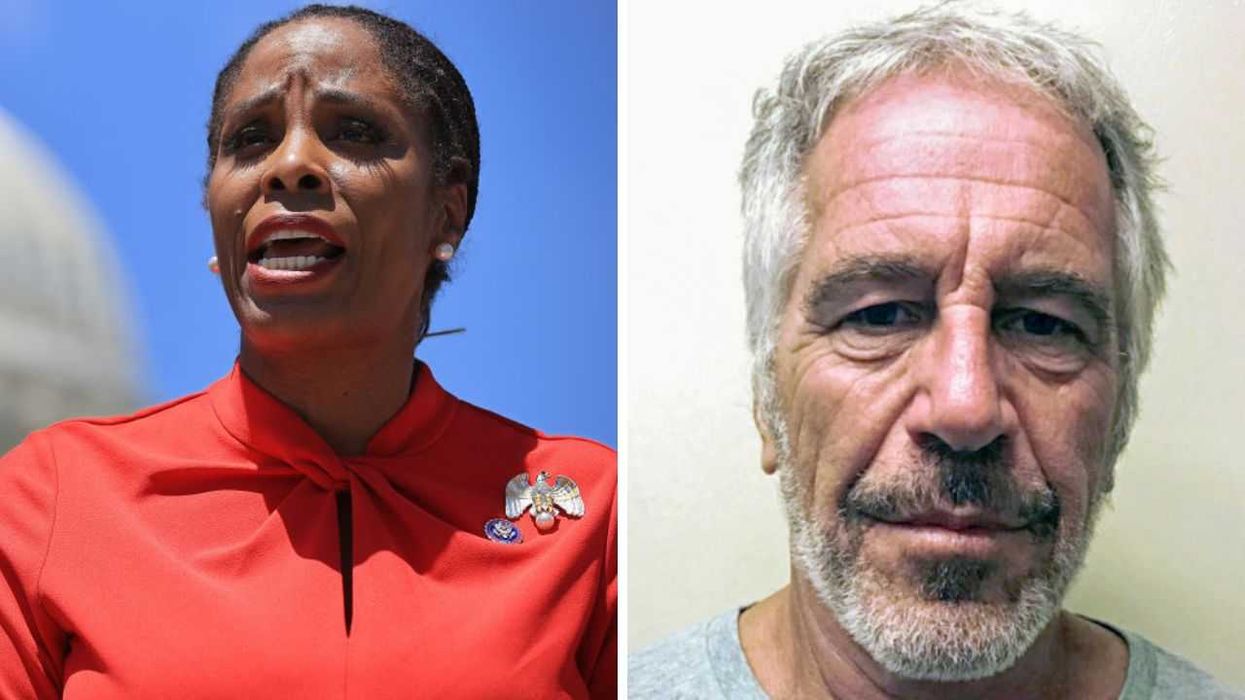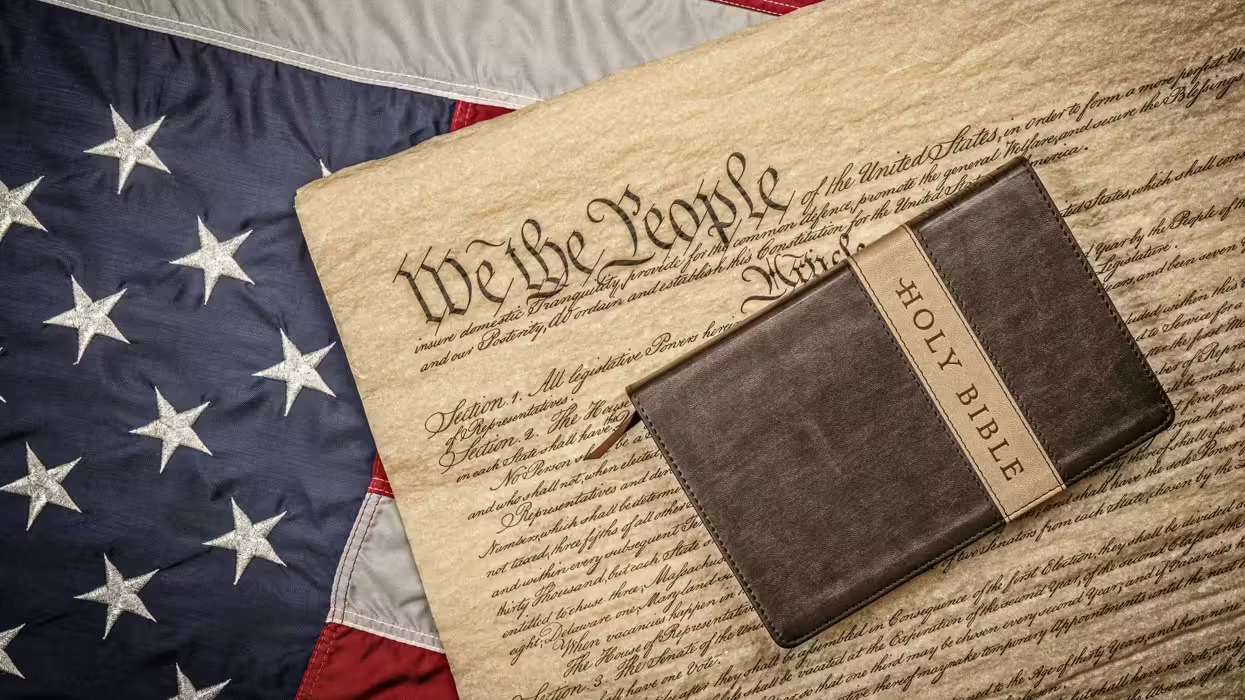New rules from the Department of Justice will require immigration judges to oversee 700 cases per year, in an attempt to deal with a backlog of cases. The new rules will go into effect on Oct. 7.
The new guidelines were outlined in a memo sent out Friday by the Justice Department’s Executive Office for Immigration Review to around 350 DOJ immigration judges. Judges will also be required to have less of their cases returned by higher courts, and judges who schedule hearing dates too far apart will be fined. Currently, there is a backlog of more than 650,000 cases.
The memo stated that the system is meant to guarantee that “cases are completed in a timely, efficient, and effective manner.”
According to the memo, a judge who finishes less than 560 cases a year is considered unsatisfactory, while one who completes more than 560 but less than 700 cases “needs improvement. The current average, according to the DOJ, is 678 cases per year. These quotas will factor into annual performance reviews for judges, but a spokesman for the Justice Department said that judges can appeal to their supervisors if the number of cases they are ruling on starts to fall under the quota.
In the memo the director for the Executive Office for Immigration Review, James McHenry, wrote:
"Using metrics to evaluate performance is neither novel nor unique to (the Executive Office for Immigration Review)….The purpose of implementing these metrics is to encourage efficient and effective case management while preserving immigration judge discretion and due process."
Both the union for the judges and immigration attorneys protested the change, arguing that it could lead to defendants being unfairly ruled against. The union for the judges called the move “unprecedented” and argued that it undermines the independence of individual judges.
The president of the National Association of Immigration Judges, Judge A. Ashley Tabaddor, slammed the decision, saying it could “call into question the integrity and impartiality of the court” if judges are concerned about hitting quotas in order to keep their jobs.
“We don’t know of any other court whose judges are subject to individual quotas and deadlines as part of performance reviews and evaluations,” she added.
But Devin O’Malley, a spokesman for the Justice Department, disagreed.
“The big takeaway is that this is the equivalent of completing three cases a day, so it’s not that big of a lift,” O'Malley said.







